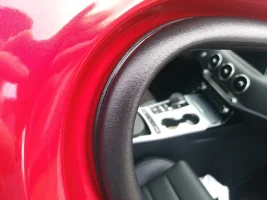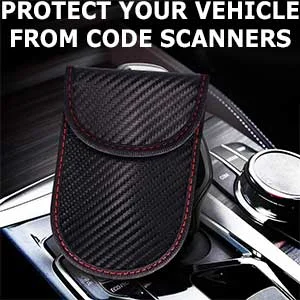You are using an out of date browser. It may not display this or other websites correctly.
You should upgrade or use an alternative browser.
You should upgrade or use an alternative browser.
Dialectric Grease for Weatherstripping
- Thread starter Rob M
- Start date
MerlintheMad
10000 Posts Club!
I haven't felt the need to "condition" the seals on my Stinger. And if I did, dielectric grease is possibly the last thing I would consider: not because I think it's not applicable, but because this would be a use of it that never occurred to me. Why do you think it would be better than dedicated lubricants, preservatives and conditioners?
Manaz
1000 Posts Club!
This is the stuff most often recommended.
https://www.amazon.com/Honda-Genuine-Shin-Etsu-Grease/dp/B006Z9TZ9M
https://www.amazon.com/Honda-Genuine-Shin-Etsu-Grease/dp/B006Z9TZ9M
Rob M
Active Member
If your car is not exposed to the elements most of the time, it may not be needed. But if your car is outside all the time, those seals are likely to break down over time. Dielectric is a silicone grease, so it is water resistant and will stay in place a long time. Silicone grease has many commercial uses in protecting rubber parts, so I have no reservations in using it on my car for this specific purpose. There are relatively few products that are specifically marketed for auto door seals. I used to have a 95 corvette and the manual actually recommended gm dielectric grease for treating the seals. Some have suggested that silicone is somehow bad for rubber, but it is inert. i think it is when the silicone is combined with solvents (like petroleum distillates) when it can cause degradation.
Rob M
Active Member
Good info. Thanks. That product is also silicone, and a little more expensive than your standard dielectric grease. This could be as simple as regular dielectric grease being repurposed to be able to charge a little more, or maybe it has some slight modifications that make it even more suitable to the task. But it does give confidence that i should be just fine with my multipurposed grease.This is the stuff most often recommended.
https://www.amazon.com/Honda-Genuine-Shin-Etsu-Grease/dp/B006Z9TZ9M
From interior to exterior to high performance - everything you need for your Stinger awaits you...




